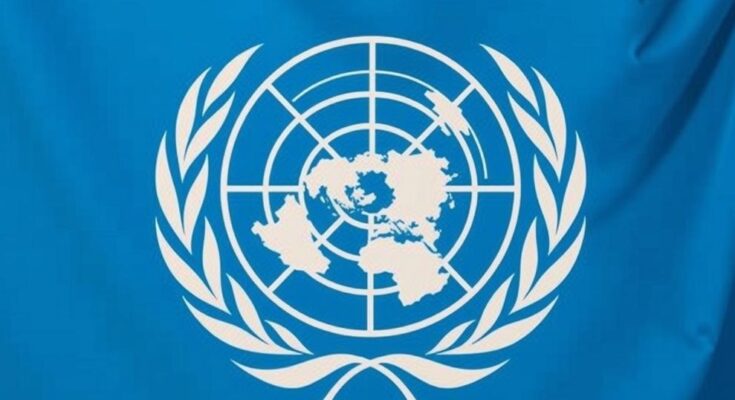Opposition parties in Canada are abstaining from attending COP29 due to Azerbaijan’s human rights record, citing the recent treatment of ethnic Armenians. Green MP Mike Morrice described the UN’s choice of host as ‘appalling.’ The NDP and Bloc Québécois also announced their non-participation. Discussions highlight the ethical implications of holding climate conferences in fossil fuel-producing, human rights-violating nations.
In a notable shift, most opposition parties in Canada have chosen not to attend the United Nations climate change conference (COP29), scheduled to be held in Azerbaijan, citing serious concerns regarding human rights in the host nation. This decision comes in the wake of Azerbaijan’s controversial treatment of ethnic Armenians, notably after the displacement of nearly 120,000 individuals from Nagorno-Karabakh. Members of the Green Party, notably Kitchener-Centre MP Mike Morrice, have explicitly condemned the choice of Azerbaijan as a host, emphasizing the grave human rights violations occurring in the region. Morrice remarked, “It’s the first time that no Green MPs will be attending intentionally, as a result of the choice of the host country,” expressing disbelief at Azerbaijan’s credibility given its status as a major oil producer and its recent actions against the Armenian population. Additionally, both the New Democratic Party (NDP) and Bloc Québécois have echoed similar sentiments regarding human rights violations, affirming their absence from the conference. Bloc climate change critic MP Kristina Michaud specified her reluctance to attend due to personal circumstances, which she coupled with moral objections linked to the recent humanitarian crisis. The ongoing political tensions between Armenia and Azerbaijan further complicate the situation, as international scrutiny on Azerbaijan’s human rights record mounts. Despite the opposition parties’ stance, it remains uncertain whether Canadian Environment Minister Steven Guilbeault will still attend the conference. Previous statements showed Guilbeault’s criticism of Azerbaijan’s fossil fuel practices and a commitment to international engagement, albeit with skepticism towards the host country’s motives. The backdrop includes Azerbaijan’s military operations leading to mass displacement and allegations of ethnic cleansing, leading many Canadian voices to call for a reassessment of global engagements with such regimes.
The opposition to Azerbaijan hosting the COP29 climate change conference is rooted in the country’s recent history of human rights abuses, particularly related to the expulsion of ethnic Armenians from Nagorno-Karabakh. This geopolitical tension has heightened the scrutiny on Azerbaijan as an appropriate venue for international discussions on climate, especially considering its significant fossil fuel production. The backdrop of war and ethnic conflict in the region underscores the importance of human rights considerations in global governance and climate discussions. This situation reflects the broader challenge of balancing climate action with ethical foreign policy.
In conclusion, the refusal of many Canadian opposition parties to attend COP29 in Azerbaijan underscores significant ethical concerns regarding human rights in the host country. The tensions resulting from Azerbaijan’s treatment of ethnic Armenians have prompted a reevaluation of participation in international forums that risk legitimizing autocratic regimes. This situation calls for a critical examination of host nations for global summits, particularly when their records on human rights are in question. The actions taken by Canadian opposition parties highlight a commitment to uphold human rights in tandem with environmental responsibilities.
Original Source: www.cbc.ca




